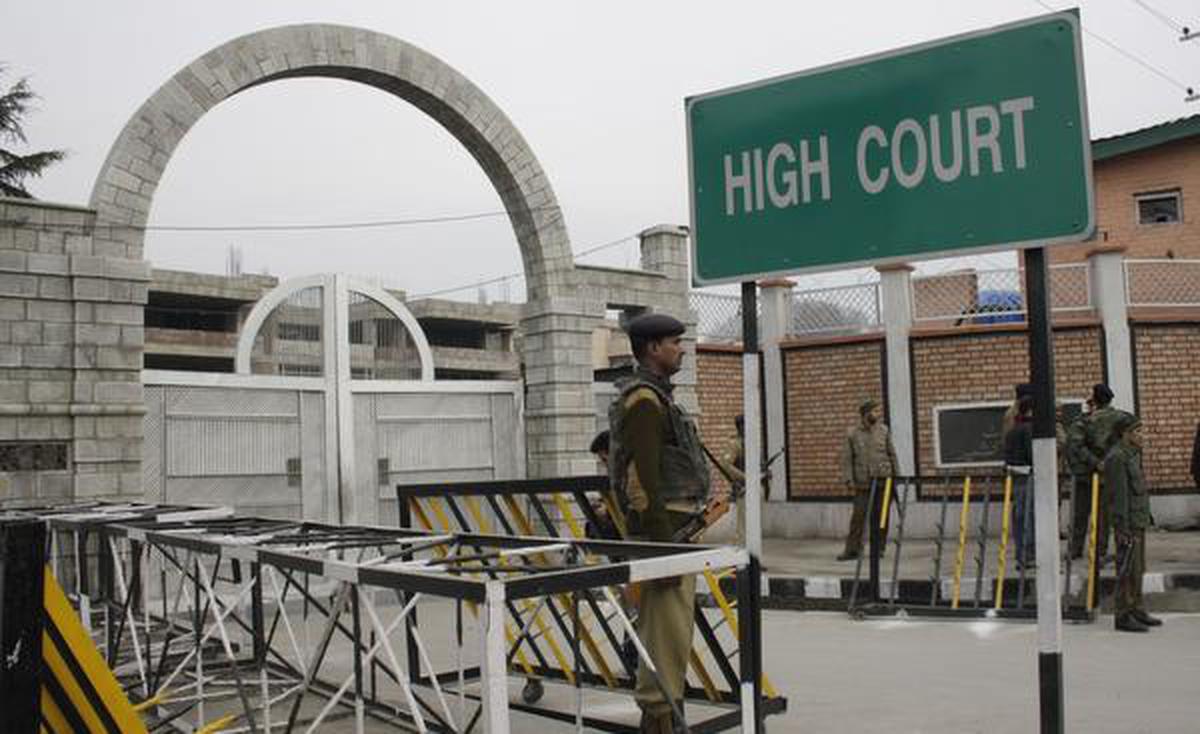Now Reading: Centre to Challenge Jammu & Kashmir High Court Order on Repatriation of Deported Woman
-
01
Centre to Challenge Jammu & Kashmir High Court Order on Repatriation of Deported Woman
Centre to Challenge Jammu & Kashmir High Court Order on Repatriation of Deported Woman

The Union government is preparing to challenge a recent Jammu and Kashmir High Court order that directed the repatriation of a woman who had been deported earlier. The case has stirred legal and political interest, as it touches upon the delicate balance between human rights and national security. The Centre’s move is expected to spark fresh debate over legal boundaries and administrative decisions regarding citizenship and deportation.
Background of the Case
The woman in question, whose identity has been kept confidential for legal reasons, was reportedly deported after authorities deemed her stay in India to be unlawful. However, the High Court recently issued an order seeking her return, citing humanitarian grounds and questioning the process followed during the deportation.
The government is now set to file a review or appeal, stating that the court’s decision may undermine protocols designed to ensure internal security and immigration regulation.
Legal and Constitutional Implications
The core of the legal challenge lies in whether the deportation followed due process and if the court’s order oversteps the executive’s authority in such matters. Legal experts believe the outcome of the Centre’s petition could set a precedent for future immigration-related cases, especially those involving sensitive border regions like Jammu and Kashmir.
The Centre maintains that it acted within legal frameworks, prioritising national interest. Meanwhile, the court’s directive suggests a more humanitarian lens, focusing on the rights of the individual.
Tier 2 Cities and the National Conversation
For citizens in Tier 2 cities like Jammu, Srinagar, Amritsar, and even cities in North-East India—where border and migration issues often surface—this development is being closely followed. Local debates are emerging on the balance between compassion and compliance, particularly in cases involving people from conflict zones or stateless individuals.
Communities are also engaging in broader discussions about India’s legal responsibility toward non-citizens and the limits of judicial intervention.
Centre’s Stance on Immigration and Security
The central government has consistently emphasised strong border controls and national security. In recent years, it has taken a firmer approach to handling cases of illegal immigration, especially in sensitive areas like Jammu and Kashmir.
Officials argue that reversing deportation decisions through judicial orders could encourage unlawful entry and create complications for enforcement agencies on the ground.
Conclusion
The Centre’s decision to contest the Jammu and Kashmir High Court’s repatriation order brings to light the complex and evolving relationship between law, security, and humanitarian considerations. As the case progresses through higher legal channels, it is likely to generate wider public interest—especially in regions directly impacted by such policy decisions. For citizens across India, especially in border-adjacent Tier 2 cities, this issue offers a window into the ongoing challenge of balancing justice with national interest.
























